Suan Dusit University (SDU) has consistently demonstrated its dedication to ecosystem restoration, biodiversity conservation, and sustainable land management through its participation in the Plant Genetic Conservation Project under the Royal Initiative of Her Royal Highness Princess Maha Chakri Sirindhorn (RSPG). This long-term collaboration reflects the university’s mission to integrate environmental education, community engagement, and scientific innovation into tangible actions that protect and extend Thailand’s rich ecological diversity.
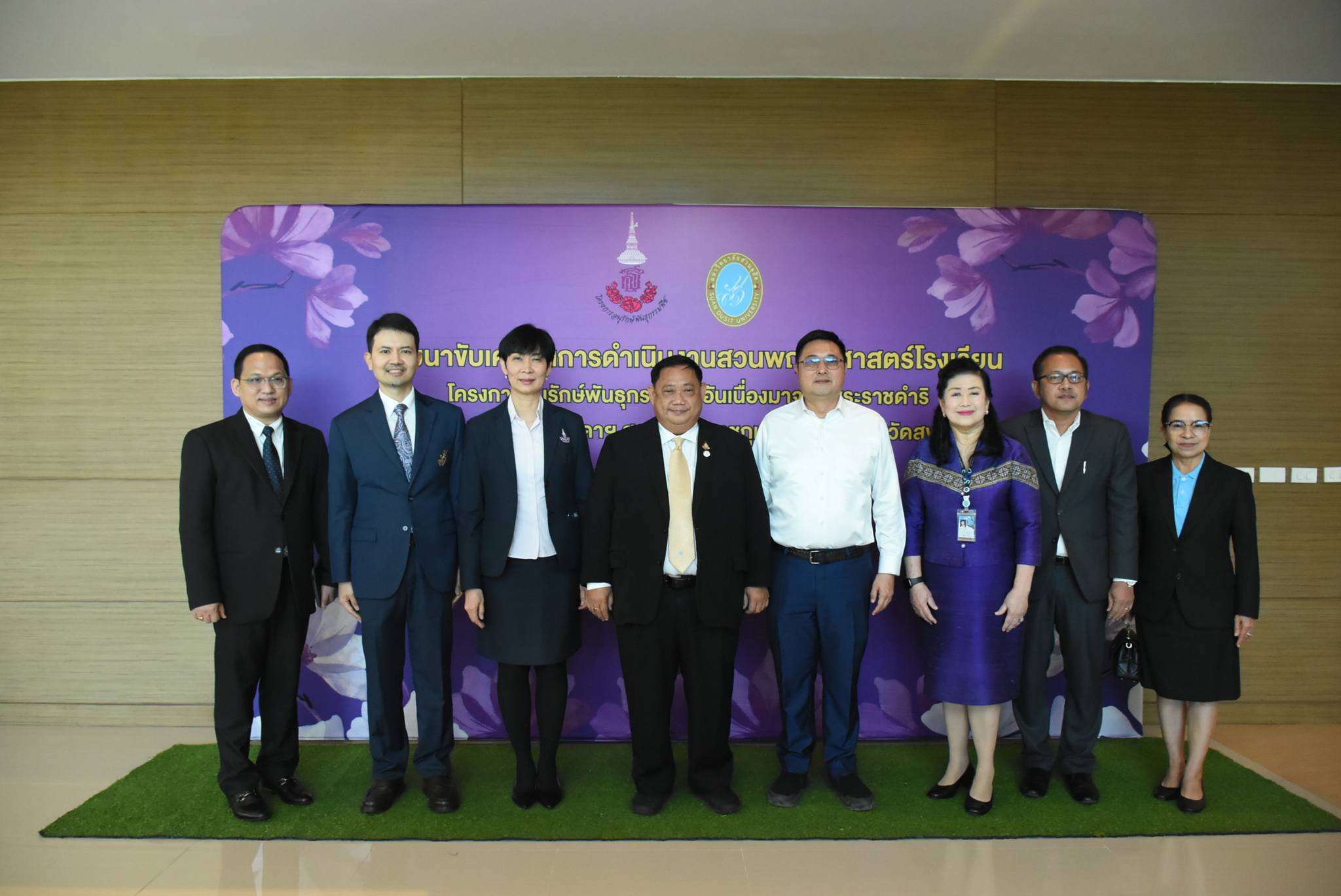
Under the RSPG framework, SDU has implemented a wide range of initiatives that safeguard native plant species, aquatic ecosystems, and riparian habitats, while promoting environmental awareness among students and local communities. These efforts demonstrate how higher education institutions can play a pivotal role in maintaining and enhancing ecosystem biodiversity through both research and practical conservation work.
One of the university’s key achievements is the project titled “Conservation and Cultivation of Rare Native Plant Species in Suphan Buri Province”, led by the Institute of Research and Development. The project focuses on rehabilitating local ecosystems and preserving the genetic diversity of native flora. In 2024, SDU planted and maintained six rare tree species — Elaeocarpus hygrophilus (Maput), Schleichera oleosa (Masang), Dillenia indica (Elephant Apple), Lannea coromandelica (Kradon), Sandoricum koetjape (Santol), and Melodorum fruticosum (Lamduan) — as well as six riparian plant species — Hedychium coronarium (White Ginger Lily), Crinum asiaticum (Spider Lily), Diplazium esculentum (Vegetable Fern), Sesbania javanica (Sesbania Flower), Alocasia macrorrhizos (Giant Taro), and Trapa bispinosa (Water Chestnut) — and two aquatic species, Nymphaea lotus (White Lotus) and Nymphaea rubra (Red Water Lily).
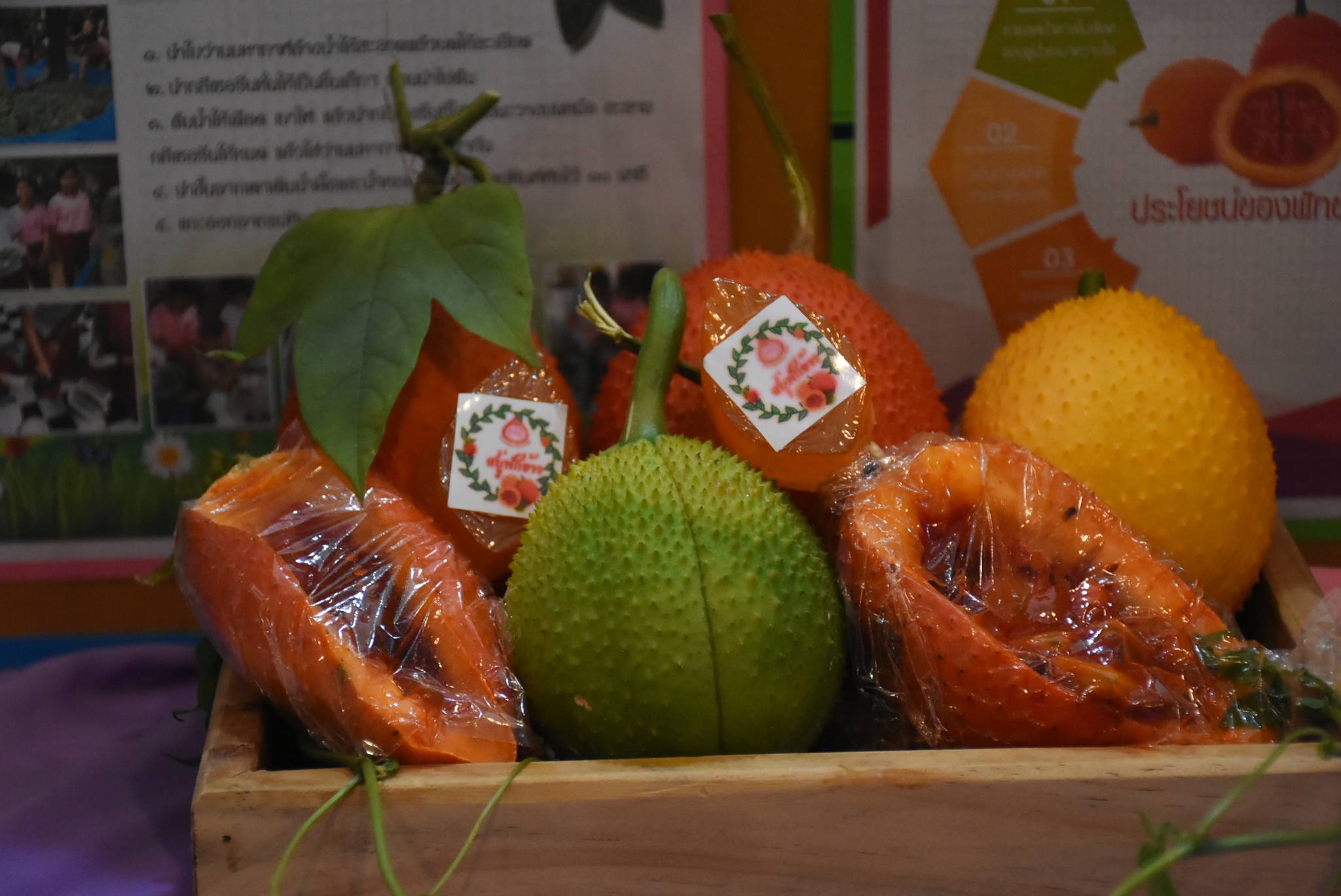
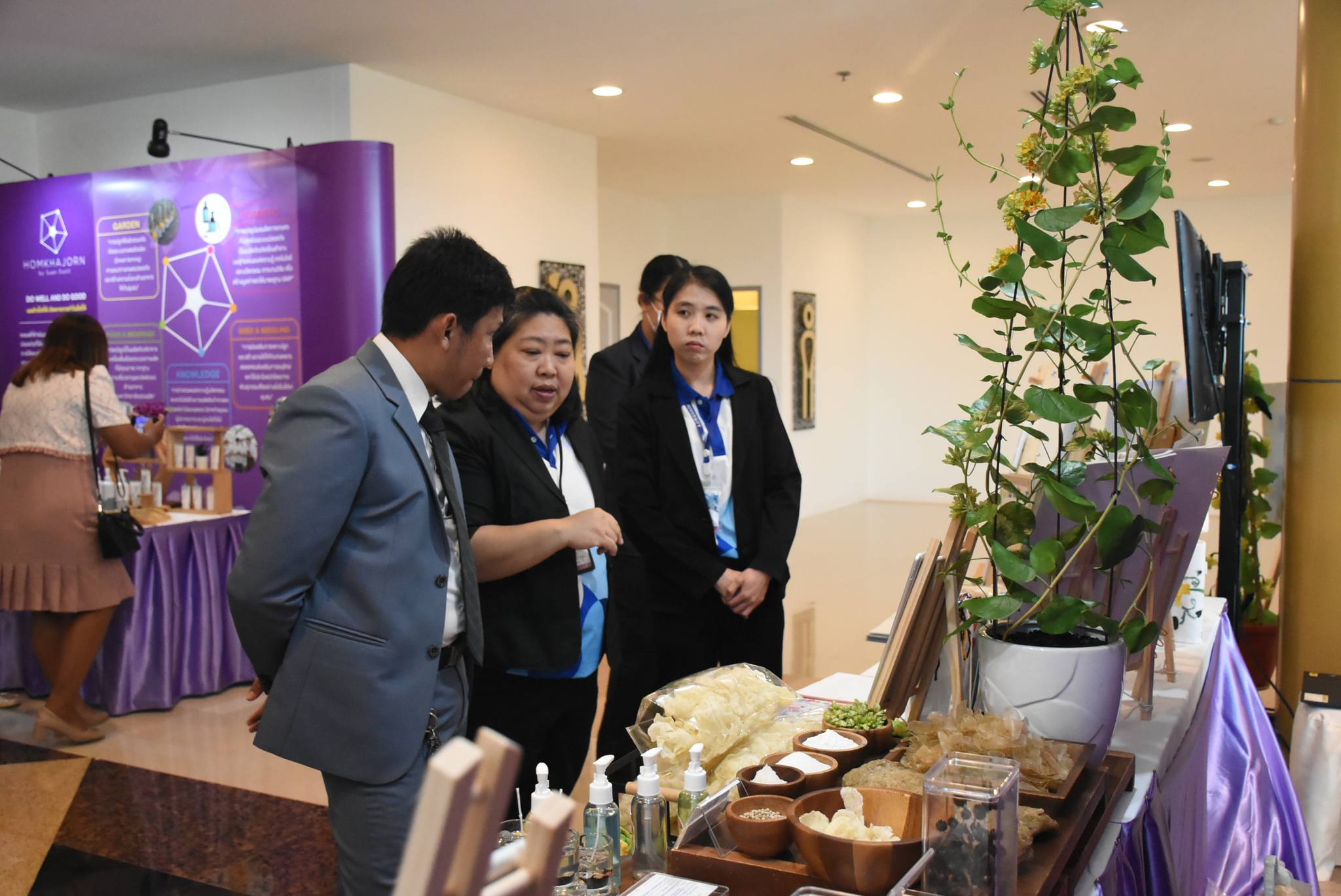
In addition, four solar-powered aerators were installed to improve water quality within the conservation area, introducing clean technology that supports aquatic biodiversity and demonstrates practical innovation for ecosystem restoration. The project area, located within the university’s botanical garden at the Suphan Buri campus, functions as both a living classroom and a community learning space, allowing students, teachers, and local residents to engage directly with conservation practices. In 2024, more than 1,800 visitors participated in educational tours and ecological learning activities, reflecting the project’s growing impact on environmental awareness and community participation.
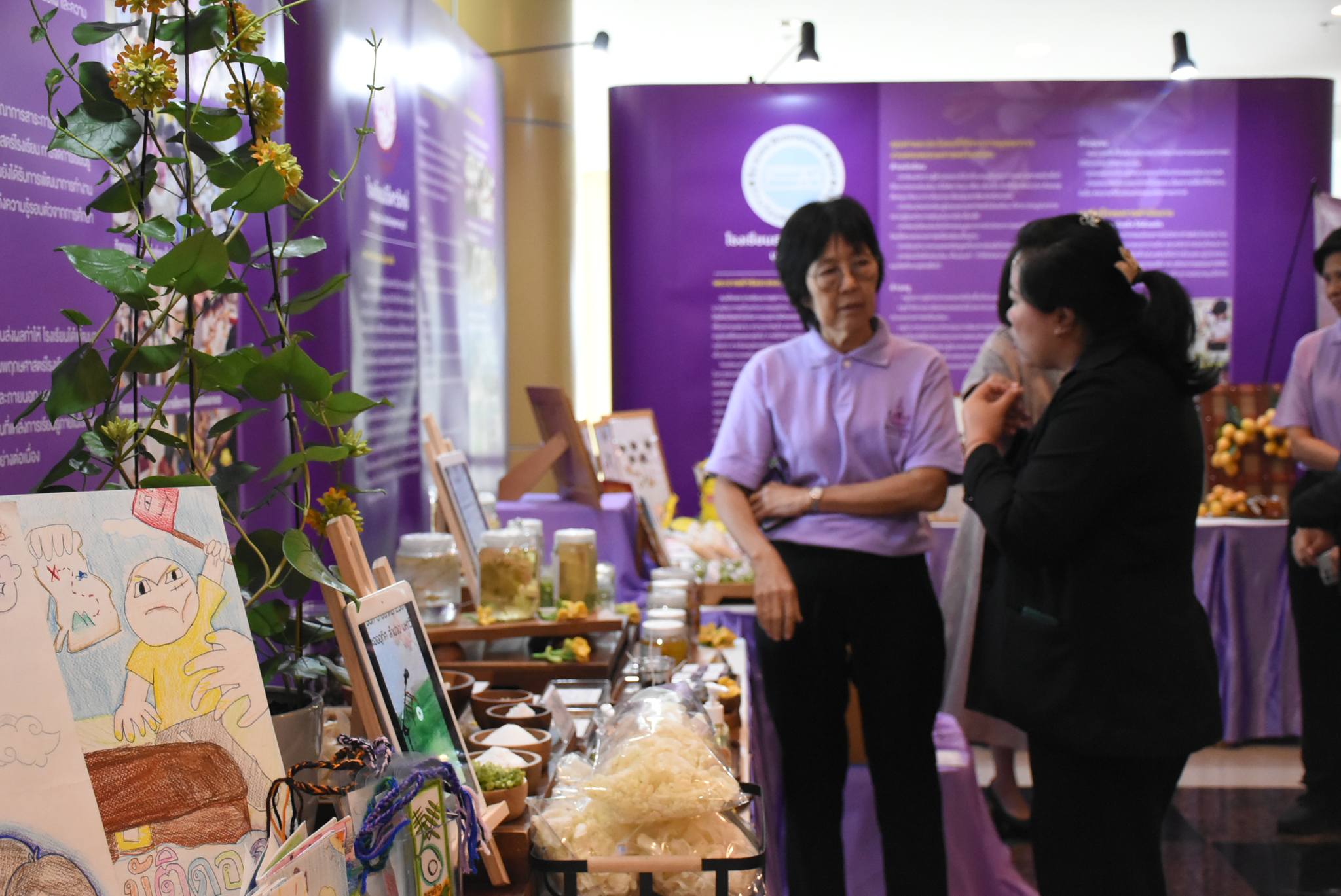
Complementing these restoration efforts, SDU has undertaken research-based projects such as “Integrated Plant Protection Guidelines for Sustainable Genetic Resource Conservation”, conducted by the Faculty of Science and Technology. This project developed an integrated pest management (IPM) system to protect indigenous medicinal plant species in the university’s botanical garden. The work combined modern science with traditional ecological knowledge, resulting in a practical handbook used by university staff and local conservation practitioners to sustain plant diversity over the long term.
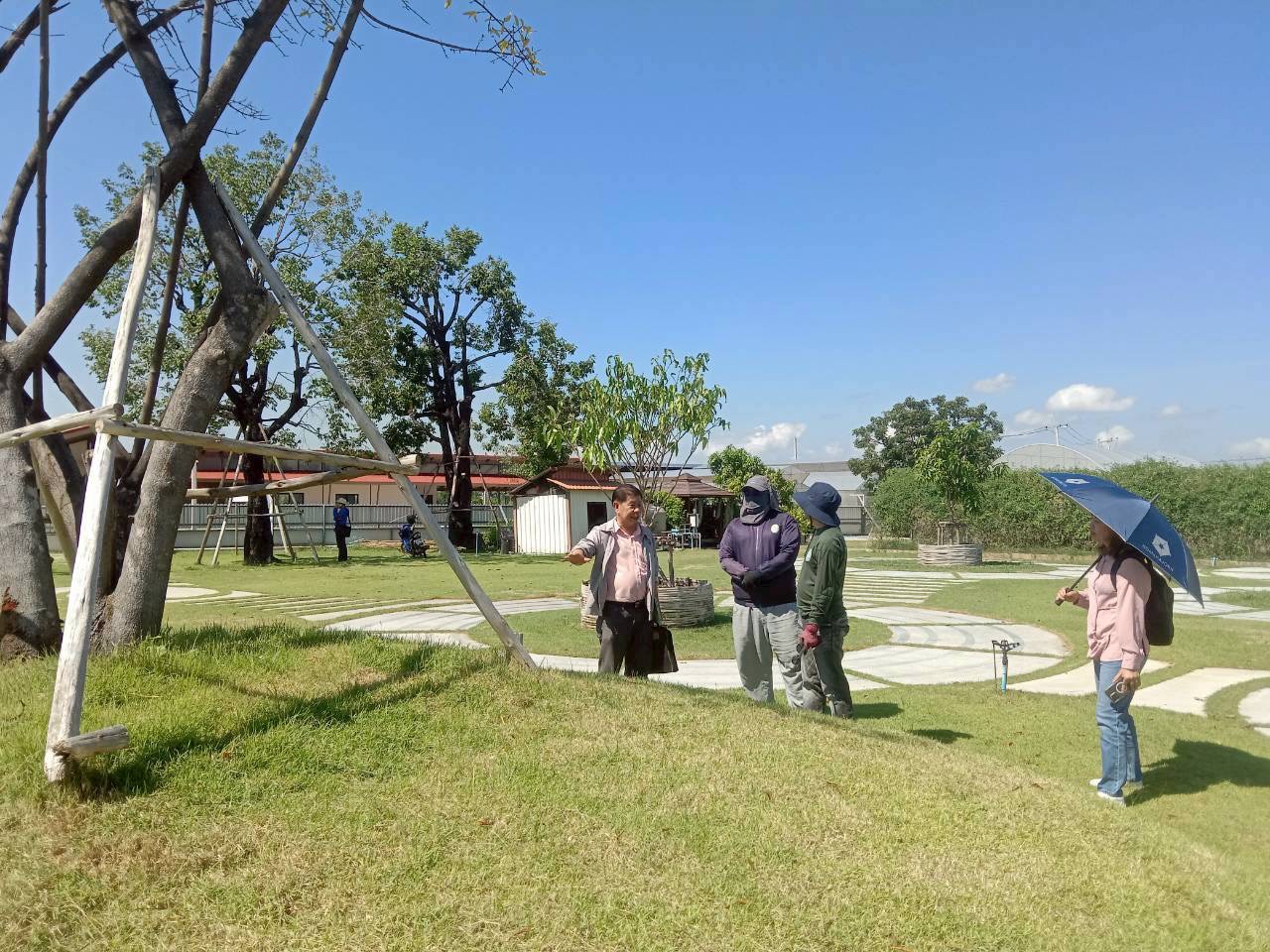
SDU has also established a Biological and Cultural Resource Database as part of its RSPG collaboration (https://rspg.dusit.ac.th), providing open access to data on native flora, medicinal plants, and local biodiversity resources from Bangkok and Suphan Buri. With over 3,000 users, this platform enhances environmental literacy, biodiversity research, and cultural heritage preservation, while strengthening the connection between digital innovation and ecological education.
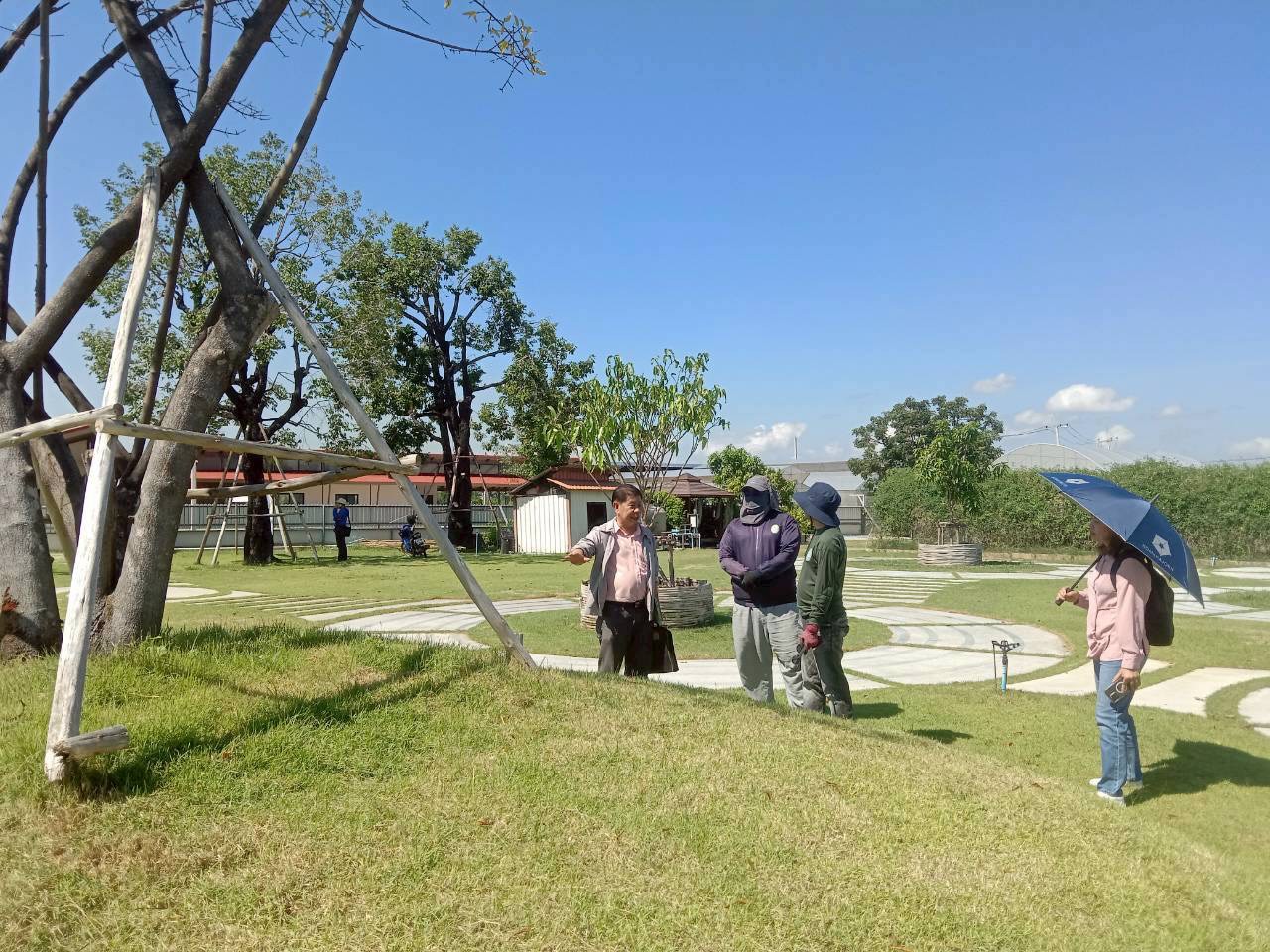
Further extending its conservation network, SDU’s Demonstration Schools (Lao-or Uthit Schools) in Bangkok, Suphan Buri, Lampang, and Nakhon Nayok have implemented School Botanical Garden Projects engaging more than 1,900 students in hands-on biodiversity learning. Activities include identifying native plant species, documenting plant characteristics, and creating environmental exhibitions such as “The Wonder of Dok Kajon (Telosma cordata)”. These programs foster early environmental stewardship and inspire young learners to value and protect their natural surroundings.
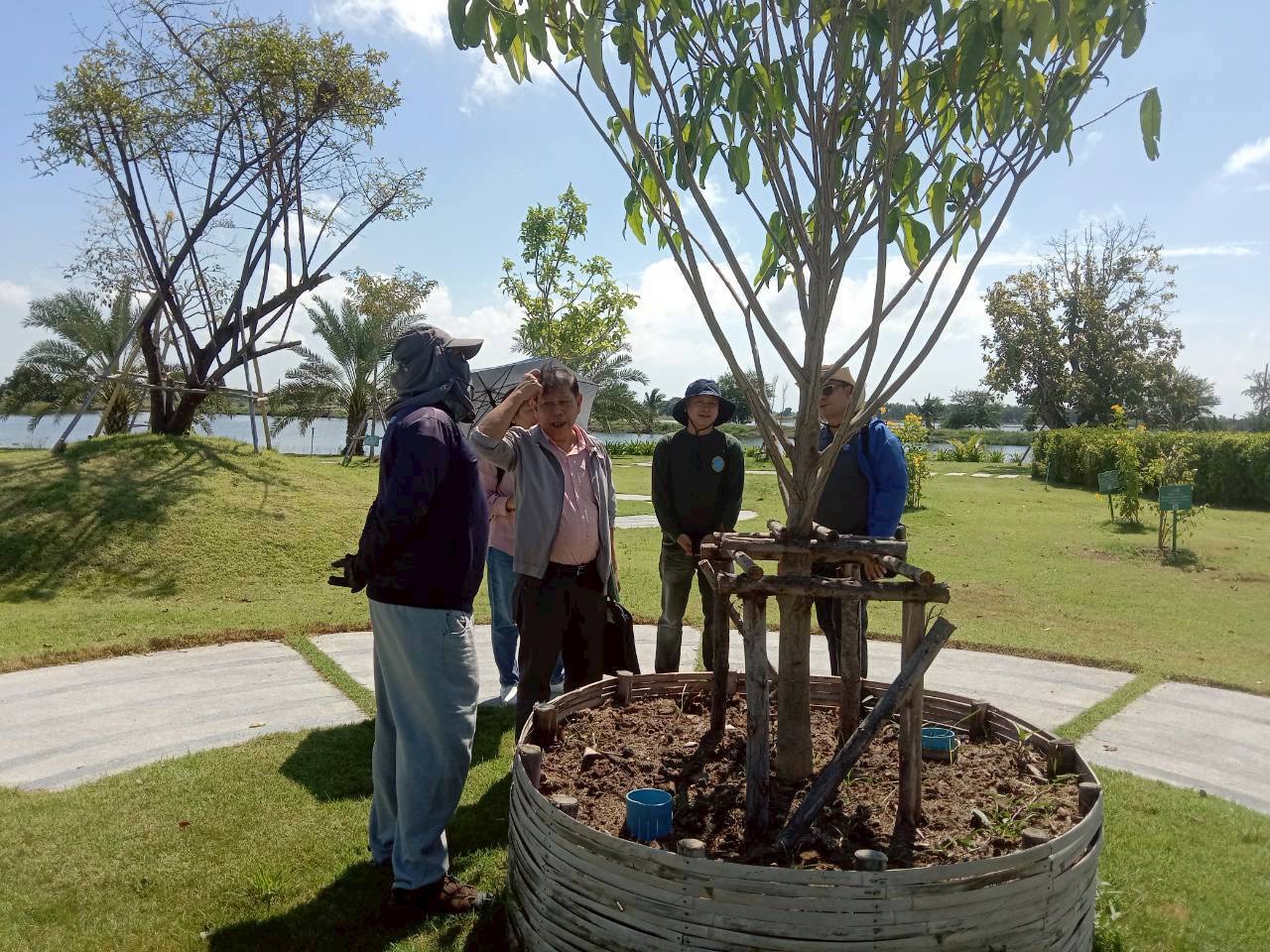
Through these integrated initiatives, Suan Dusit University continues to strengthen the protection and expansion of ecosystems and biodiversity at both local and regional levels. Its work embodies a holistic approach that combines scientific research, conservation practice, environmental education, and community collaboration to ensure the sustainable coexistence of humans and nature.
By preserving rare native species, restoring degraded habitats, and cultivating ecological awareness across generations, SDU exemplifies how academic institutions can serve as catalysts for biodiversity protection, ecosystem resilience, and sustainable environmental development — fostering a living balance between people and the planet.
Reference:
https://www.rspg.or.th/rspg_co_agencies/g5/27_SDU/Report_SDU.pdf
